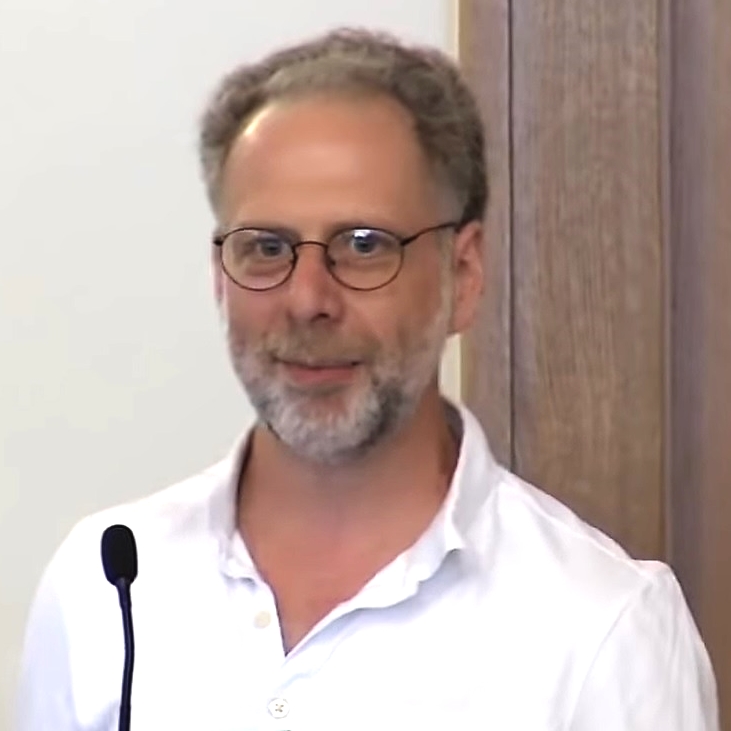Dan Lieberman at Ancestral Health Symposium
Dan Leiberman, Ph.D., presenting at the Ancestral Health Symposium 2012 (AHS12)
What Are Humans Adapted For?
Abstract: How can we use information on human evolution and principles of evolutionary medicine to improve human health and wellbeing in a post-industrial world? This is a large and complex topic, but one central issue relevant to most hypotheses about ancestral health is the phenomenon of adaptation. It is widely acknowledged that the human body is adapted for conditions that were different from those experienced by many modern people, but what are adaptations, and how do we recognize them in different environmental contexts? Further, how do we reconcile trade-offs between multiple adaptations that affect human health in different ways?
In this talk, I will review the theory and practice of defining, identifying and testing adaptations, and review the evidence that many interacting adaptations can affect human fitness, often because of varying environmental conditions. As case study, I will consider the issue of physical inactivity, which is one of the most abnormal and pathological aspects of modern life. I will review evidence for how and why natural selection adapted the body to be physically active, and how physical activity has changed over the last six million years, including the agricultural, industrial and post-industrial eras. I will then consider how the body has different, competing adaptations relevant to physical activity (including a tendency to be inactive when possible) that contribute to a variety of common modern health problems. An evolutionary perspective not only helps us understand better how many of these illnesses arise, but also how to prevent and treat them differently.
Bio:
Daniel Lieberman is Chair and Professor of the Department of Human Evolutionary Biology at Harvard University, where is also a member of Department of Organismic and Evolutionary Biology. He was educated at Harvard (AB '86, PhD '93) and Cambridge (M.Phil. '97). His research is on how and why the human body is the way it is, with particular foci on the origins of bipedalism, how humans became such superlative endurance runners, and the evolution of the highly unusual human head. To address these questions he combines experimental biomechanics and physiology, paleontology, and comparative anatomy. He teaches a variety of courses on human evolution, anatomy, and physiology. His most recent book is The Evolution of the Human Head (Harvard University Press, 2011).Relevantní články
Daniel E. LiebermanDaniel E. Lieberman je paleoantropolog na Harvardově univerzitě, kde vede katedru lidské evoluční biologie. Věnuje se výzkumu evoluce lidského těla. Je autorem knihy „The Story of the Human Body“, která vyšla česky jako „Příběh lidského těla“. .. pokračovat ve čtení
